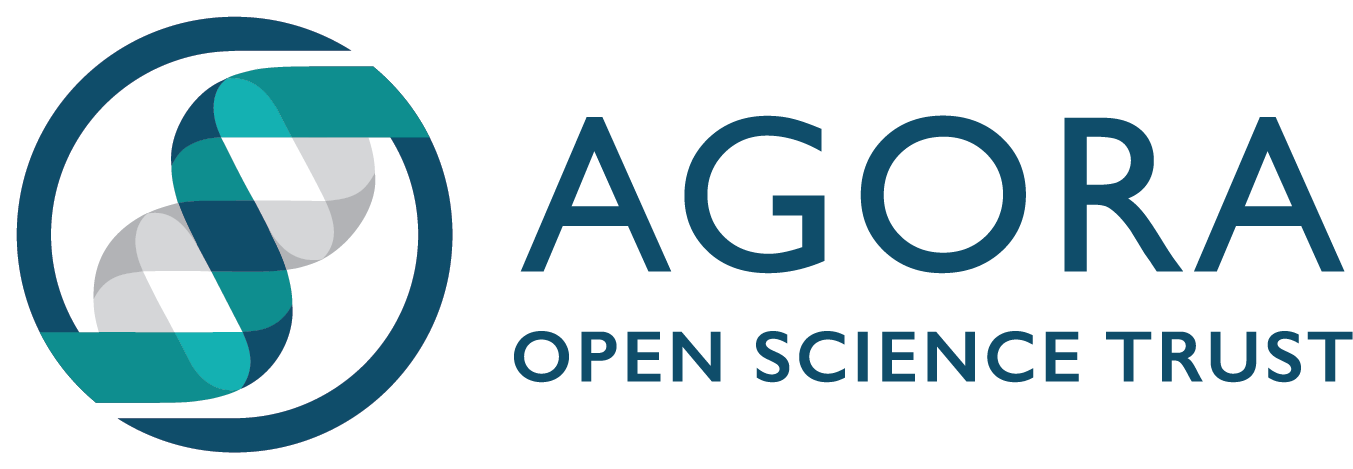Our Pipeline
We are targeting urgent unmet patient needs through open science.
Affordable Medicines Initiatives
Children’s Cancers | Neurodegeneration | Infectious Diseases
Children’s cancers
Children’s cancers are often avoided in traditional business models. We believe open science and a commitment to affordable pricing can align and motivate a diverse range of contributors to tackle this large unmet medical need.
As its first project, Agora received a grant from the Ontario Institute for Cancer Research (OICR) Cancer Therapeutics Innovation Pipeline (CTIP) initiative to use open science to develop an ALK2 inhibitor for diffuse intrinsic pontine glioma (DIPG) – a rare, uniformly fatal pediatric brain tumour.
Agora created a wholly-owned subsidiary – M4K Pharma Inc. (‘Medicines for Kids’) – to act as its implementation partner for this project. M4K Pharma’s job is to coordinate open scientific contributions from around the world, to act as the legal sponsor for new medicines in the regulatory process, and ultimately to ensure that these medicines advance from discovery to the pharmacy shelf. Its job is also to ensure that all of the science and data are shared openly during the discovery process, and that pricing of any resulting marketed products is driven by affordability considerations.
Neurodegeneration
As our population ages, neurodegenerative diseases like Alzheimer’s, Parkinson’s, and ALS are creating enormous burdens for our health care systems and economies. At the same time, after many years of unsuccessful efforts, private investment is turning away from drug discovery in neurodegeneration. New business models are sorely needed, and Agora strongly believes that cures to these diseases will be developed more efficiently if research is shared rapidly and without restriction.
Agora has received a grant from the Krembil Foundation to catalyze open neuroscience drug discovery. Building on the success of the M4K Pharma model, Agora has created a wholly-owned neuroscience implementation partner – M4ND Pharma Inc. (‘Medicines for Neurodegeneration’) – to coordinate open contributions, to disseminate the science and data to the public, and to pursue clinical candidates that emerge in a manner that ensures affordability.




